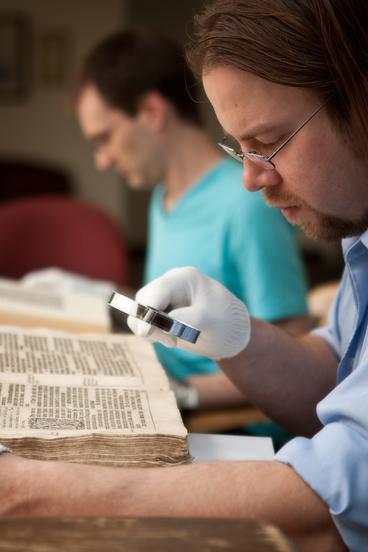
The mission of the University of Minnesota Duluth English program is to study and teach the history, forms, theory, and practices associated with the production, reading, and pedagogy of literary and cultural texts. Our goals are to acquaint students with a significant range of texts and their cultural, critical, and aesthetic contexts; to develop through the study of literature, creative writing, teaching, and language students’ understanding of and respect for human diversity; to introduce them to some of the critical and scholarly approaches to the study of literature, literary history, and book production; to make them aware of the structure and history of the English language; to help them develop the ability to read perceptively, think critically and creatively, write effectively, and engage meaningfully with the complex societies in which they live. The program aims to prepare students both as professionals (teachers, writers, and editors) and as citizens capable of contributing to a broad range of cultural, creative, and professional communities, and committed to lifelong literacy and learning.
UMD English majors develop expertise in the following Student Learning Outcomes:
- Discuss literary works from a range of movements, periods, genres, and/or regions
- Analyze the role of difference (which might include racial, ethnic, gender, sexual, religious, economic, and/or ideological differences) in producing, publishing and interpreting literature
- Identify major characteristics of a literary genre and use those characteristics to analyze one or more individual examples
- Interpret literary works with close attention to the nuances of language, content, and/or form
- Identify a key concept, methodology, approach, or theory and use it to frame the interpretation of text(s)
- Describe the ways in which texts emerge from and respond to their historical and cultural contexts
- Write focused, convincing analytical essays that incorporate relevant secondary sources
- Collaborate in the discussion and interpretation of literature by listening to others' perspectives, asking productive questions, and articulating original ideas